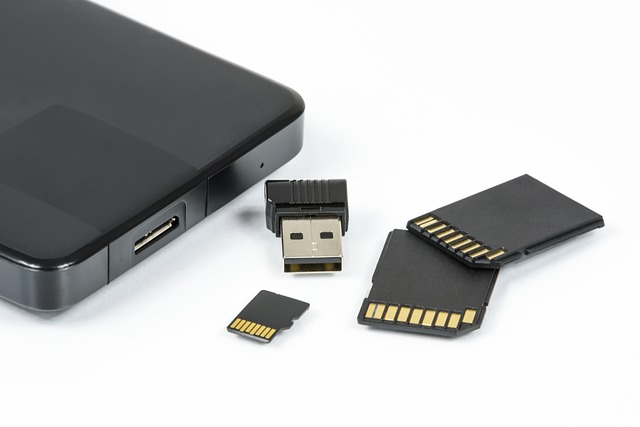
Unlocking the Power of Memory Cards in IT: A Complete Guide for Information Technology Professionals
Unlocking the Power of Memory Cards in IT: A Complete Guide for Information Technology Professionals
In the fast-paced world of Information Technology, where every second counts and data is king, the importance of storage solutions cannot be overstated. Among the various storage options available, memory cards have become increasingly vital for professionals in the IT sector. These compact devices, often overlooked, offer a unique blend of convenience, speed, and capacity that can enhance your workflow and data management capabilities.
Understanding Memory Cards
Memory cards are small, portable storage devices that are commonly used in a variety of electronic devices, including smartphones, cameras, and laptops. However, their potential within the realm of IT extends far beyond basic data transfer and storage.
Types of Memory Cards Used in IT
When considering memory cards for IT purposes, it’s essential to be aware of the different types and their specifications:
- SD (Secure Digital) Cards: Widely used in cameras and smartphones, these cards offer different speed classes (Class 2, 4, 6, and 10) that dictate performance.
- microSD Cards: A smaller variant of SD cards, microSDs are ideal for mobile devices but can also be used with adapters for standard SD slots.
- CF (CompactFlash) Cards: Known for their speed and reliability, these are used in professional cameras and high-performance computing devices.
- CFast Cards: A more advanced option that combines SATA technology with the CompactFlash form factor for faster data transfer rates.
Why Memory Cards Matter in IT
The advent of cloud storage and external hard drives may have overshadowed memory cards, but they remain indispensable in various IT scenarios:
- Data Transfer: Memory cards provide a quick and efficient way to transfer files between devices, especially in fieldwork scenarios or when remote access is challenging.
- Backup Solutions: For IT professionals, ensuring data integrity is paramount. Memory cards can serve as a reliable backup method for important files and projects.
- Cost-Effective Storage: Compared to other storage solutions, memory cards can be an economical choice for storing large amounts of data without breaking the bank.
- Portability: The compact size of memory cards allows for easy transport, making them ideal for professionals who work on-the-go.
Tips for Maximizing Memory Card Usage
To fully leverage the potential of memory cards in your IT endeavors, consider the following tips:
- Choose the Right Type: Select a memory card that best suits your specific needs based on speed, capacity, and device compatibility.
- Monitor Performance: Regularly check the health of your memory cards. Tools exist that can help evaluate their performance and predict failure.
- Implement Security Measures: Protect sensitive data stored on memory cards with encryption and strong passwords to prevent unauthorized access.
- Regular Backups: Avoid data loss by regularly backing up the contents of your memory cards to other storage mediums.
Conclusion
In the realm of Information Technology, understanding and utilizing memory cards efficiently can elevate your data management practices, streamline operations, and offer flexibility in a continually evolving landscape. Equip yourself with knowledge of these powerful tools and stay ahead in the game!



